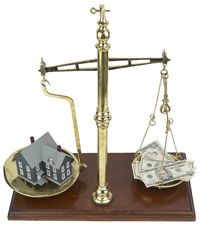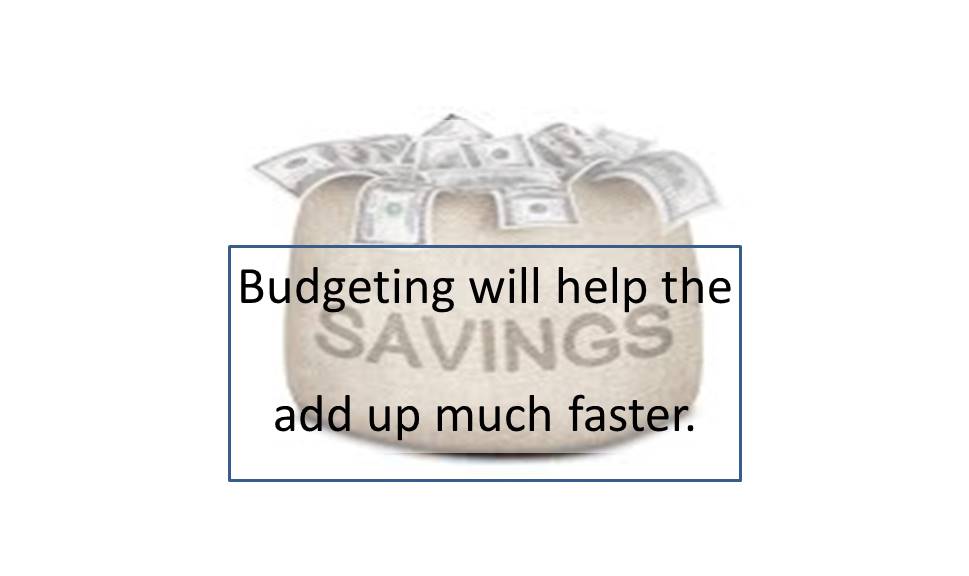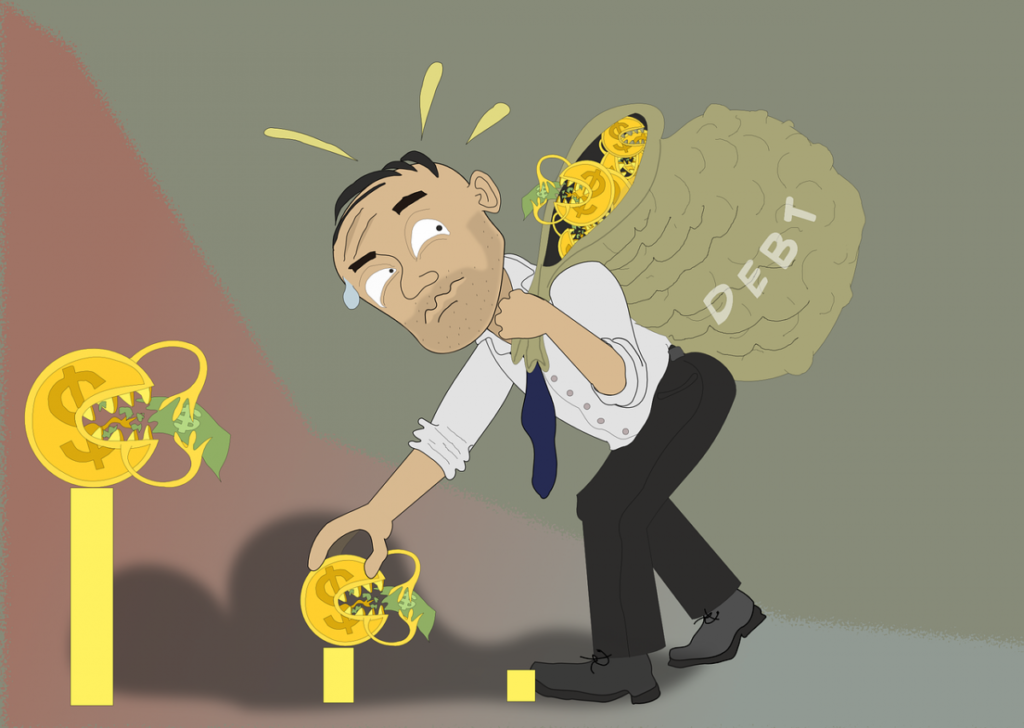Top 12 Ways To Cut Spending Now – whether you need to or what-you will reap the benefits of more viable financial security…
Do you run out of money before the month is gone? Are you wondering where your money goes each month? Do you struggle to find money to invest for retirement, emergencies, and other financial goals?
You know upfront that you need to follow your budget because we have written about it here.
Table of Contents
Here are 12 ways to cut your spending now and stretch your dollar to the max:
- Consider dropping your home telephone line. Your cell phone is probably all you really need, and most likely it has free long-distance. You could save $60 or more per month by dropping your landline. Almost everyone uses their cell phone even when they are at home. Simple, quick, and sustainable process.
- Cut back on trips to Starbucks or other premium coffee shops. Often called the latte factor, spending several dollars per day on luxuries like premium coffee can really add up.
For example, if you spend $4 for a cappuccino five times a week for 50 weeks out of the year (you are on vacation the other two weeks), you will spend $1,000 in a year. Try treating your trip to Starbucks as a treat instead of a habit. You will save money and probably lose weight too! - Pay your mortgage payment bi-weekly instead of monthly if your mortgagee (lender) will allow it. This amounts to 26 bi-weekly payments. You will pay less interest and pay 13 payments instead of 12 months’ payments.
- Pay cash instead of using credit cards. With interest rates significantly higher, you are saving tons of interest. Psychologically it’s harder to spend cash than it is to use credit cards, however, it is wiser to use cash. You will spend less money and save on interest charges.
- Use the envelope system for groceries, dining out, entertainment, and other discretionary spending categories. This will help you track how much you spend in these categories as well as prioritize your spending. What is the envelope system, you may be thinking.
The envelope system is the system for budgeting that allows you to designate a certain amount of funds to each area of your expenses such as groceries, gas, dining out, entertainment, etc. You will spend less if you see how much is too much that you have spent in the past on things which are not necessary. - If feasible, you could raise the deductible on your homeowners and auto insurance policies. It is not wise to file claims for small losses (insurance companies love to raise rates after you file a claim), so a higher deductible will save you money now and in the future. Does Homeowners Insurance Go Up After a Claim? (businessinsider.com).
- Buy regular gas instead of premium. Most cars do not need premium gasoline. Also, take public transportation if it is available in your area. Take advantage of park-and-ride and carpooling options in many cities.
- Plan your purchases to avoid impulse buying on all purchases. Buy only what you need. Take a list with you to the grocery store and stick with it. Studies show that impulse buying can add $10-50 to your grocery bill ouch! It is easy to see something not on your list and put it in the basket. However, just a few more add-ins can add up to amounts that are over your budget.
- Go to the library instead of the bookstore. If you are an avid reader, give yourself a book budget for books that you will want to keep, and go to the library for everything else. You may be saying, but I love to read, it is my therapy.
Yes, it may be but if you get to a point of needing a professional, does your health insurance cover that? Cutting these expenses might be one solution for your therapy. - Take a vacation at home. Check out all the local sites and happenings. You will rediscover your hometown and save on travel and hotel costs.
- Do you need name-brand items for everything? Clothing, food products, laundry products, toilet products, and just about any items you purchase will have a generic brand. Even the medicine you take (if you do). Read the materials, ingredients, labels, and cautions.
Many people think they must buy the name brand to keep up with their neighbors. If you could afford this approach, you would not be reading this article. It is not important to have a name brand, and if the other brand serves the purpose of what you need; why pay more?
What is important is that whatever you buy meets your needs and the ingredients are not harmful or disruptive to your health.
The highest-priced toilet tissue does not necessarily do any better job than the lower-priced one. I have found that Wonder Bread does not stay fresh any longer than the Dollar Store brand. - Buy all the things mentioned when they are on sale, if possible. If you must have brand names, buy them when they are on sale, and you are probably paying what they are worth. If you change your mindset and discipline yourself, you will eventually get back on track with sufficient money each month for basic needs.
EndNote:
Stop being impressed with those people who want to appear rich. Being able to save money when you have adjusted your spending and begin to accumulate those extra $s is far classier. It will also be more gratifying.
These are just a handful of ways you can cut spending and stretch your dollars, but if you follow these tips, you will discover you have more money at the end of each month to apply to other financial goals, such as saving for college, retirement or just for a rainy day.



